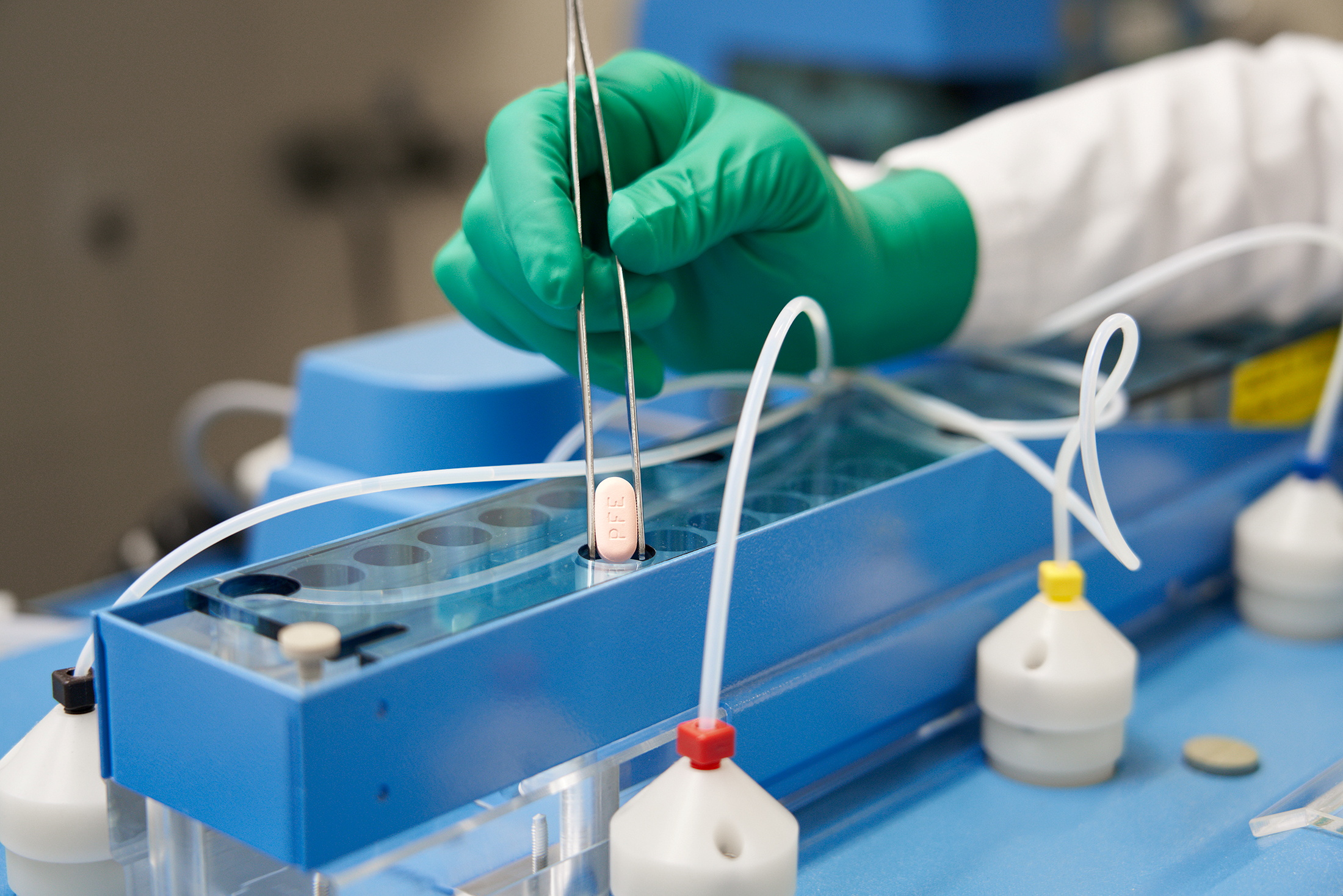
Lauren Dempsey, MS in Biomedicine and Law, RN, FISM News
[elfsight_social_share_buttons id=”1″]
This week Pfizer submitted a request for an emergency use authorization (EUA) to the FDA for its experimental antiviral medication, Paxlovid, which treats early COVID-19 infection.
The clinical trial data indicates that the medication can reduce the risk of hospitalization and death by 89% in individuals that are considered high risk due to comorbidities. The trial was a randomized, double-blind study that included 1,219 high-risk patients with COVID-19. However, the entirety of the study has not been made public for peer review.
As previously reported in September, the trial evaluated the safety and efficacy of the antiviral medication that works by preventing viral replication. The medication does this by targeting a specific protease, which is a type of enzyme that breaks down proteins into smaller amino acids. Dr. Francis Collins writes that without this “protease “the coronavirus can’t make more of itself to infect other cells.”
In a press release, Pfizer revealed that the clinical trial data of Paxlovid was successful enough in preventing people from becoming hospitalized or dying from the COVID-19, that it stopped its studies early, which were conducted from July 2021 to October 2021. Their hope is that the drug will be approved and can then be prescribed to patients.
It is important to note that the EUA was requested as treatment for unvaccinated people, and there were no trial participants that were vaccinated. However, there are currently trials being conducted to evaluate safety and efficacy of the drug’s use by vaccinated people with comorbidities, according to Jerica Pitts, a Pfizer representative.
The treatment regimen requires patients to take three pills twice a day for five days and should be given within the first three to five days of a person becoming symptomatic. When trial patients received early treatment only 1% of those who were given Paxlovid were hospitalized and there were no reported deaths, this was compared to the placebo group in which 6.7% were hospitalized and 1.6% of participants died. However, the trial data is published for scientific review so that clinicians and patients can make informed decisions on the best treatment option.
According to a press release, “Pfizer has begun and will continue to invest up to approximately $1 billion of its own funds to support the manufacturing and distribution of this investigational treatment candidate.” The drug maker also has made plans to make the medication available to those that are less fortunate, stating that they have “signed a voluntary licensing agreement with the Medicines Patent Pool (MPP) to help expand access, pending regulatory authorization or approval, in 95 low- and middle-income countries that account for approximately 53% of the world’s population”.
This would benefit patients and physicians by providing an early treatment option for symptomatic COVID-19 infection, especially since there is still no protocol to treat COVID-19 infections in an outpatient setting, even twenty months into the pandemic. It also would undoubtedly generate significant revenue for Pfizer. The COVID-19 vaccine has already generated 11.3 billion dollars in the first half of 2021 for Pfizer.
Pfizer Chairman and CEO, Albert Bourla said that this medication is a “real game-changer” and that “given the continued global impact of COVID-19, we have remained laser-focused on the science and fulfilling our responsibility to help healthcare systems and institutions around the world while ensuring equitable and broad access to people everywhere.”
